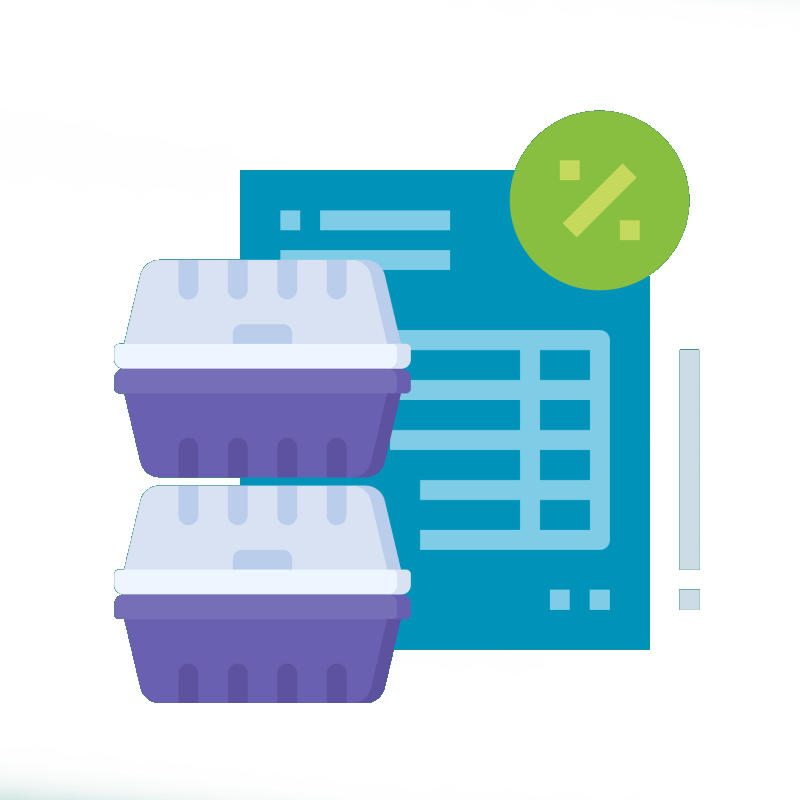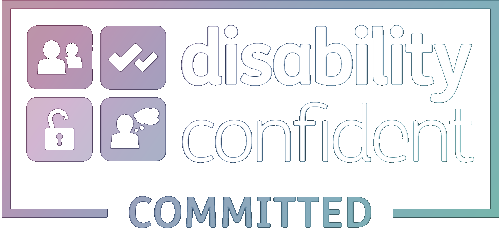The Plastic Packaging Tax:
We have produced the following resource to help you navigate the Plastic Packaging Tax.
Please contact us if you have any further questions – we are always happy to help!
This resource was last updated: 27/3/2024
Skip to:

Summary
The plastics packing tax came into force in April 2022. It is a tax of £217.85 per tonne on all plastic packaging that does not contain at least 30% recycled content.
The government has released some guidance documents on the packaging tax:
This is a general overview of the packaging tax.
Further information for businesses
A more detailed look and covers a lot of the definitions within the tax, as well as specific information on things like required documentation.
All the information below is our interpretation of this guidance and reading sections of the Finance bill 2021. The below is our summary of some of the more commonly asked questions around the tax but we recommend that you use the government website as your primary source of information.
Please note: The below video was recorded prior to several changes to PPT, including price increases since. It provides a good general overview and introduction to the tax itself, but please read the FAQ section for more up-to-date information.
FAQ
Any packaging or packaging components that are predominantly made of plastic (by weight) and do not contain at least 30% recycled content.
Packaging for licensed medicines (but not for medical equipment.)
Packaging used as aircraft, ship and rail stores for international journeys.
Businesses producing or importing less than 10 metric tonnes of packaging (however you will still need to keep records.)
Tertiary packaging (pallet wrap etc) being imported.
Food packaging is NOT exempt!
The tax is currently set at £217.85 per tonne.
This was increased from £210.82 per tonne in April 2024.
Currently, the point that the tax is applied is at the last substantial modification, before the packaging or component is ready to be used or packed/filled.
Below are some specific examples:
- If you produce a bottle top ready to be placed on a bottle you will be liable to pay the tax.
- If you produce the preform for a bottle this will not be liable for the tax.
- If you are importing a barrier film to be used in a multilayer film, you will not be liable for the tax
The term “substantial modification”, is likely to be defined further. Currently, it is defined as a product or item that is ready to be filled or used.
One interesting clarification in the Finance 2021 bill is that if a substantial modification is made during packing or filling it is the last modification made before the packing or filling.
Yes, if you pay the tax and the item is exported or used for a non-packaging application, then it is possible to reclaim the tax.
Only the original tax payer will be able to reclaim. You may also be required to share various documentation and evidence from your supply chain.
If you know the packaging you produce will be exported, you can defer the tax for 12 months.
You will need evidence that the material has been exported to remove the volumes from payable tax.
This is not confirmed, but the following criteria may be used to assess whether packaging contains sufficient recycled content to be exempt:
- Product specifications
- Supply contracts
- Production certificates and certificates of conformity
- Business accounting systems
- Accreditations and international standards
- Quality assurance audits
Please see section 5.3 from the Government’s website Further information for businesses
Not directly.
Part of the definition of pre consumer plastic specifically states that material being fed back into the process that it was generated from will not count towards recycled content.
The wording of the current draft mentions that material must be reprocessed by a reprocessing facility but no longer specifies this must be at a separate site.
It is our interpretation that using your own regrind will not count as recycled materials. However, if you sell your scrap to a recycler and they sell you back material that may contain your scrap, this can be counted as recycled content.
Both pre and post-consumer waste are considered as recycled materials.
Further information can be found by visiting the Government’s website, alternatively you can email us: sustainable@plb.ltd and our team will be happy to answer any questions you have.
